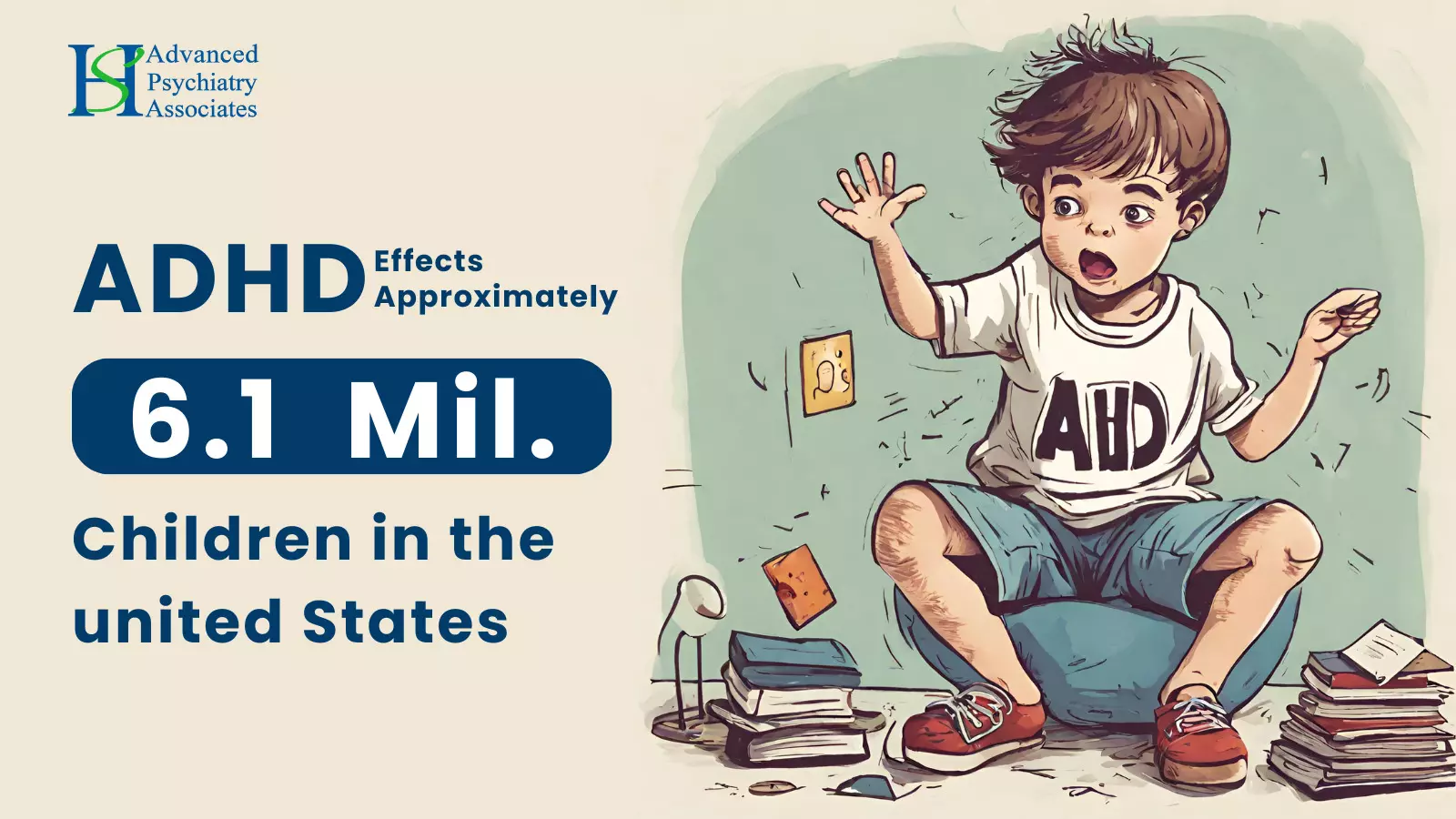Attention-Deficit/Hyperactivity Disorder (ADHD) is a neurodevelopmental disorder characterized by a pattern of behavior that can include difficulty in maintaining attention, hyperactivity, and impulsiveness that is not consistent with a person’s developmental level. ADHD specialists recognize that this condition is not a result of laziness or a lack of intelligence but rather a difference in how the brain processes information and stimuli.
– ADHD Diagnosis: Diagnosing ADHD typically involves an evaluation by a qualified healthcare provider, such as a psychiatrist or psychologist. They may use various tools, including ADHD-specific questionnaires, behavioral assessments, and possibly neuroimaging tests.
– Role of ADHD Therapists: ADHD therapists, including psychologists, counselors, and social workers, specialize in helping individuals manage the symptoms of ADHD. They employ techniques such as cognitive-behavioral therapy (CBT) to aid individuals in developing coping strategies and behavioral interventions.
– ADHD Counseling: Counseling for ADHD can provide valuable support, helping to manage symptoms such as disorganization, time management difficulties, and social challenges. ADHD counseling may involve one-on-one sessions or may take place in group settings.







